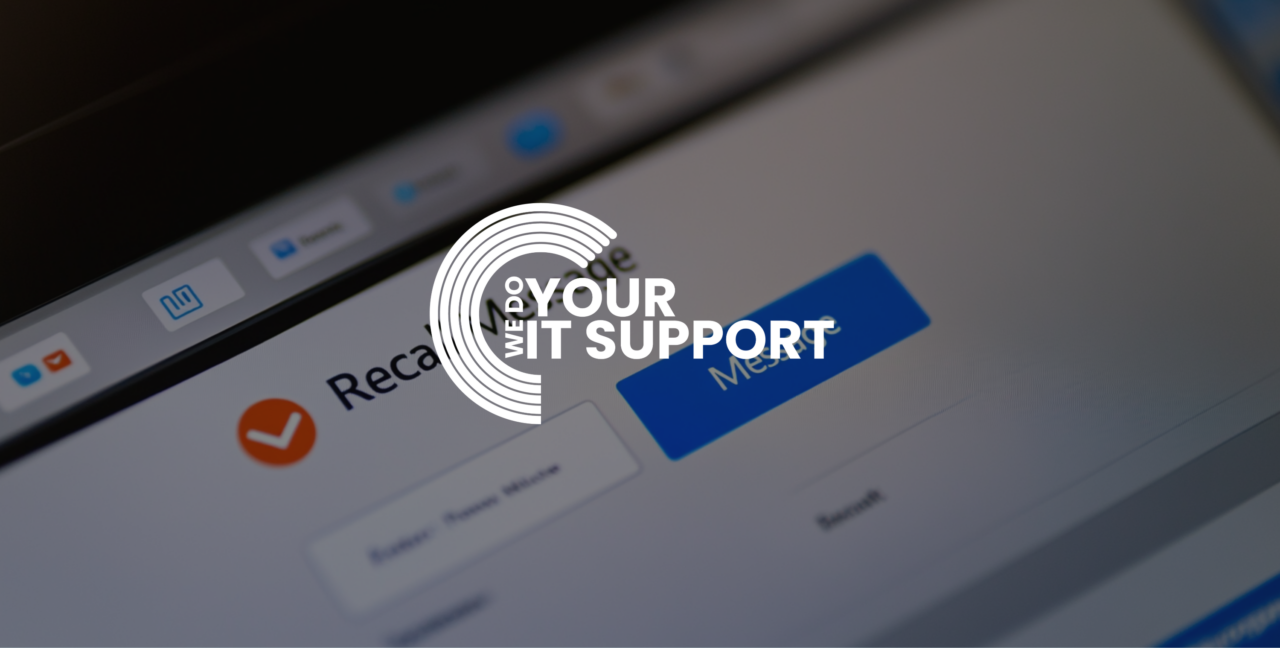

Ransomware is one of the internet’s most dangerous predators, and attacks on medium to small businesses are on a sharp increase. The majority of companies in the modern age choose to store their information on the cloud – and even when they don’t, a lot of valuable information flows through company servers.
If your company is connected to the internet or operates through any electronic means, you are at risk of a ransomware attack.
Statistics say that a ransomware attack happens at least every 5 seconds, which is a low estimate of the real danger. Prevention is always better than damage control.
Here are 3 ways to protect yourself and your company against a ransomware attack.
Small and large companies should consider the backup one of the most important parts of their company’s action plan.
Backup servers are kept off-site and aren’t permanently linked to the main company servers: in this way, they heighten the overall level of cybersecurity – and even in the event of an attack, the company still has its most essential information protected.
Essential data is anything a company doesn’t want to be stolen or hacked. It can include things like their contacts or their email servers.
Employ a professional team for the best results to protect your company.
Phishing emails – emails that look legitimate when they are not – are among the most significant risks to any company or server. For ransomware attackers, it’s one of the main ways into sensitive company data.
Make sure there is phishing email awareness throughout your entire company:
Check all legitimate-looking emails with the seeming sender. Only consider an email truly legitimate once it can be confirmed with the sender as real.
Avoid clicking email links. The majority of email links will lead to third-party sites, and often it goes right into a ransomware attack.
Advise everyone to avoid giving out personal data, such as passwords, when requested by any email (even if it seems legitimate).
Make sure nobody uses company computers for personal information or surfing, including their home email or social media accounts. It heightens the company’s overall risk.
Files from unknown senders (and these days, even files that appear to come from known senders) are one of the biggest dangers to a company server and security. Ensure that nobody opens attachments on a company computer – or their personal smartphone.
Unsafe files often hide ransomware and backdoors that are a threat’s direct way into your company.
Unsafe files should be reported to the IT or cybersecurity teams immediately. This allows them to take action and avoid a fallout or ransomware attack.
Ideally, release a company statement that warns other employees of similar emails going around – and this way, you avoid the risk of a further breach being able to take place.
This website uses cookies to improve your experience. Choose what you're happy with.
Required for the site to function and can't be switched off.
Help us improve the website. Turn on if you agree.
Used for ads and personalisation. Turn on if you agree.
This website uses cookies to improve your experience. Choose what you're happy with.
Required for the site to function and can't be switched off.
Help us improve the website. Turn on if you agree.
Used for ads and personalisation. Turn on if you agree.